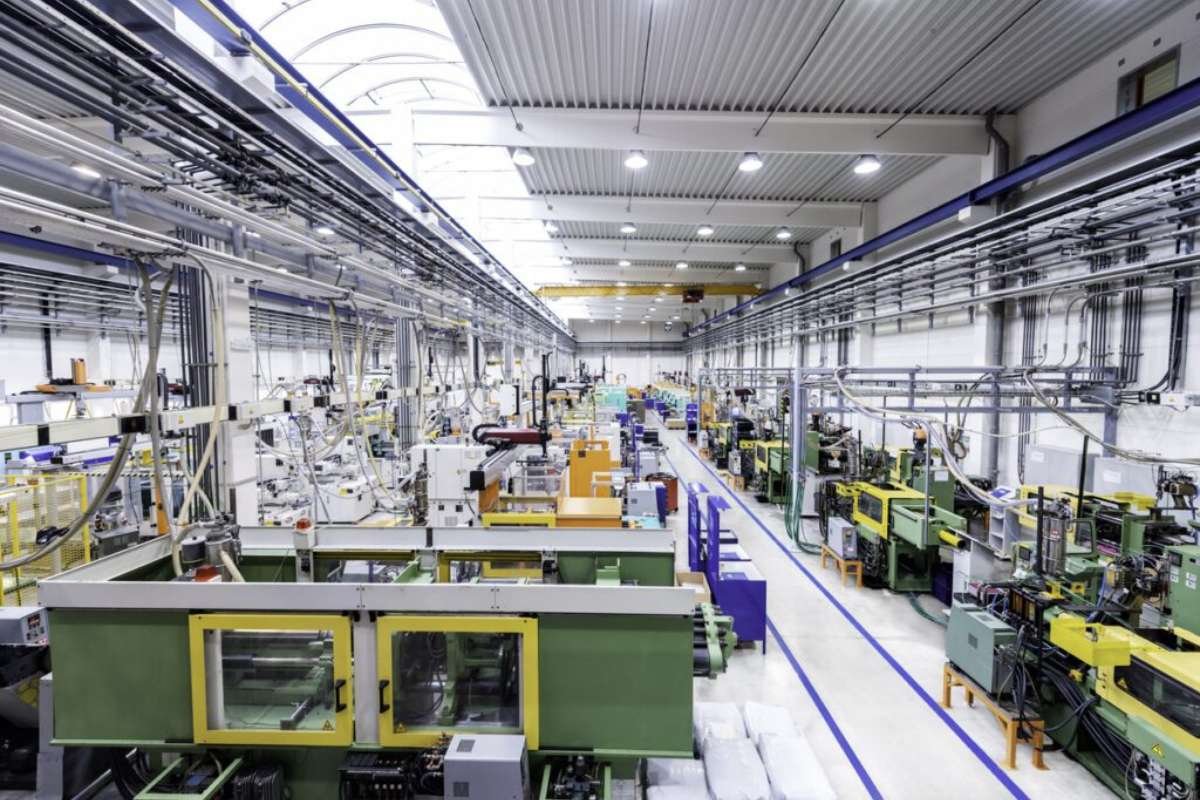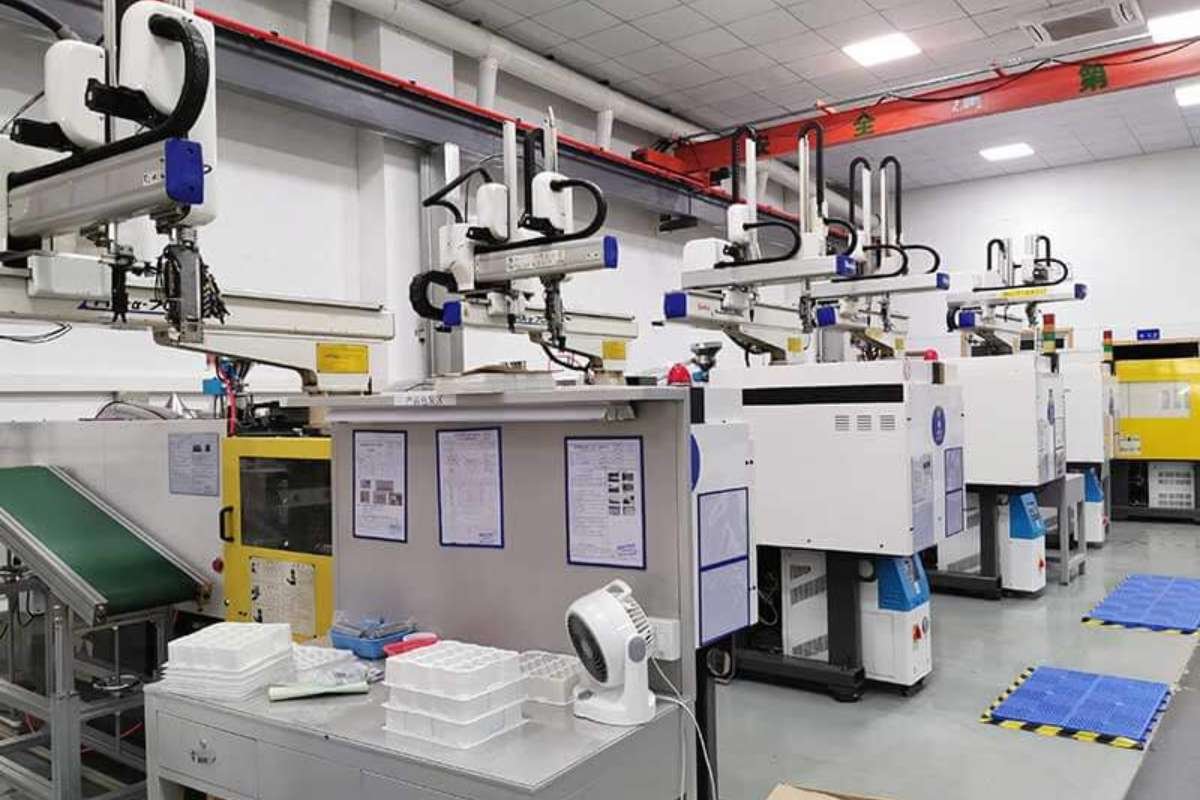In modern manufacturing, plastic injection molding is a technique that produces high-quality plastic parts for a variety of industries. Whether it’s automotive components or any other devices, plastic injection molding companies play a crucial role in terms of providing products that are durable and cost-effective. This article is all about trends and new techniques followed by industries, a guide to businesses in the selection of plastic injection molding partners.
Understanding Plastic Injection Molding
Plastic injection molding is a manufacturing process that involves injecting molten plastic into a mold cavity to create a desired shape. Once the plastic cools and solidifies, the mold opens, and the final product is ejected. This technique is widely used due to its efficiency, scalability, and ability to produce complex geometries with tight tolerances.
Key Benefits of Plastic Injection Molding
- High Efficiency and Productivity: The process allows for rapid production cycles, reducing lead times and increasing output.
- Cost-Effectiveness: Large-scale production minimizes material waste and lowers per-unit costs.
- Versatility in Materials: Various plastic resins, including ABS, polycarbonate, and nylon, can be used depending on product requirements.
- Precision and Consistency: Advanced molding technologies ensure uniformity and accuracy in every batch.
- Sustainability: Many plastic injection molding companies now focus on eco-friendly practices, using recyclable materials and energy-efficient processes.
Industries Served by Plastic Injection Molding Companies
1. Automotive Industry

Automotive manufacturers rely on plastic injection molding for interior and exterior components, including dashboards, bumpers, and lighting systems. The use of lightweight plastic parts improves fuel efficiency and enhances vehicle performance.
2. Medical and Healthcare
In the medical field, plastic injection molding ensures the production of sterile, durable, and precise components. Companies manufacture syringes, IV connectors, surgical instruments, and prosthetic parts to meet strict regulatory standards.
3. Consumer Electronics
Smartphones, laptops, and other electronic devices feature plastic casings and intricate internal components that are efficiently produced through injection molding.
4. Packaging Industry
From food containers to cosmetic packaging, plastic injection molding offers reliable solutions for high-volume, lightweight, and visually appealing packaging designs.
5. Aerospace and Defense
Injection-molded plastics contribute to lightweight aircraft parts, protective gear, and military-grade components designed to withstand extreme conditions.
Don’t miss: Types of Molding: An In-Depth Guide
Latest Trends in Plastic Injection Molding
1. Sustainable and Biodegradable Plastics
Environmental concerns are pushing plastic injection molding companies to adopt biodegradable and recycled plastics, reducing their carbon footprint.
2. Advanced Automation and AI Integration
Automation and artificial intelligence (AI) are enhancing production efficiency, minimizing defects, and optimizing cycle times in modern molding facilities.
3. 3D Printing and Rapid Prototyping

Many companies now integrate 3D printing for prototyping, enabling faster design iterations and reduced development costs before full-scale production.
4. Micro Injection Molding
The demand for miniature components, especially in electronics and medical devices, has led to the rise of micro injection molding, allowing for ultra-precise manufacturing.
5. Smart Manufacturing and IoT Connectivity
Industry 4.0 is transforming plastic injection molding companies with IoT-enabled machines that offer real-time monitoring, predictive maintenance, and data-driven decision-making.
How to Choose the Right Plastic Injection Molding Company?
Selecting the right partner for injection molding is crucial for quality, efficiency, and long-term success. Here are key factors to consider:
1. Experience and Industry Expertise
Look for a company with a proven track record in your industry. Specialized expertise ensures they understand regulatory requirements and material considerations.
2. Technological Capabilities
A reliable company should have state-of-the-art machinery, automated production lines, and the ability to handle complex designs.
3. Material Selection and Customization
Ensure the company offers a wide range of plastic resins and customization options to meet your product’s specific needs.
4. Quality Control and Certifications

Check for ISO certifications and stringent quality control measures to guarantee consistency and compliance with industry standards.
5. Cost and Production Capacity
Compare pricing structures and production capabilities to ensure the company can meet your volume requirements without compromising quality.
6. Sustainability Practices
With increasing environmental regulations, partnering with a company that adopts green manufacturing practices can benefit both your business and the planet.
Conclusion
Plastic injection molding companies are the primary element of modern manufacturing, offering solutions to various industries. Their features of providing high-quality plastic components at low cost make them valuable partners for businesses. By knowing industry needs and trends and selecting appropriate molding partner companies can get an advantage to enhance their products and give competition to the market.









